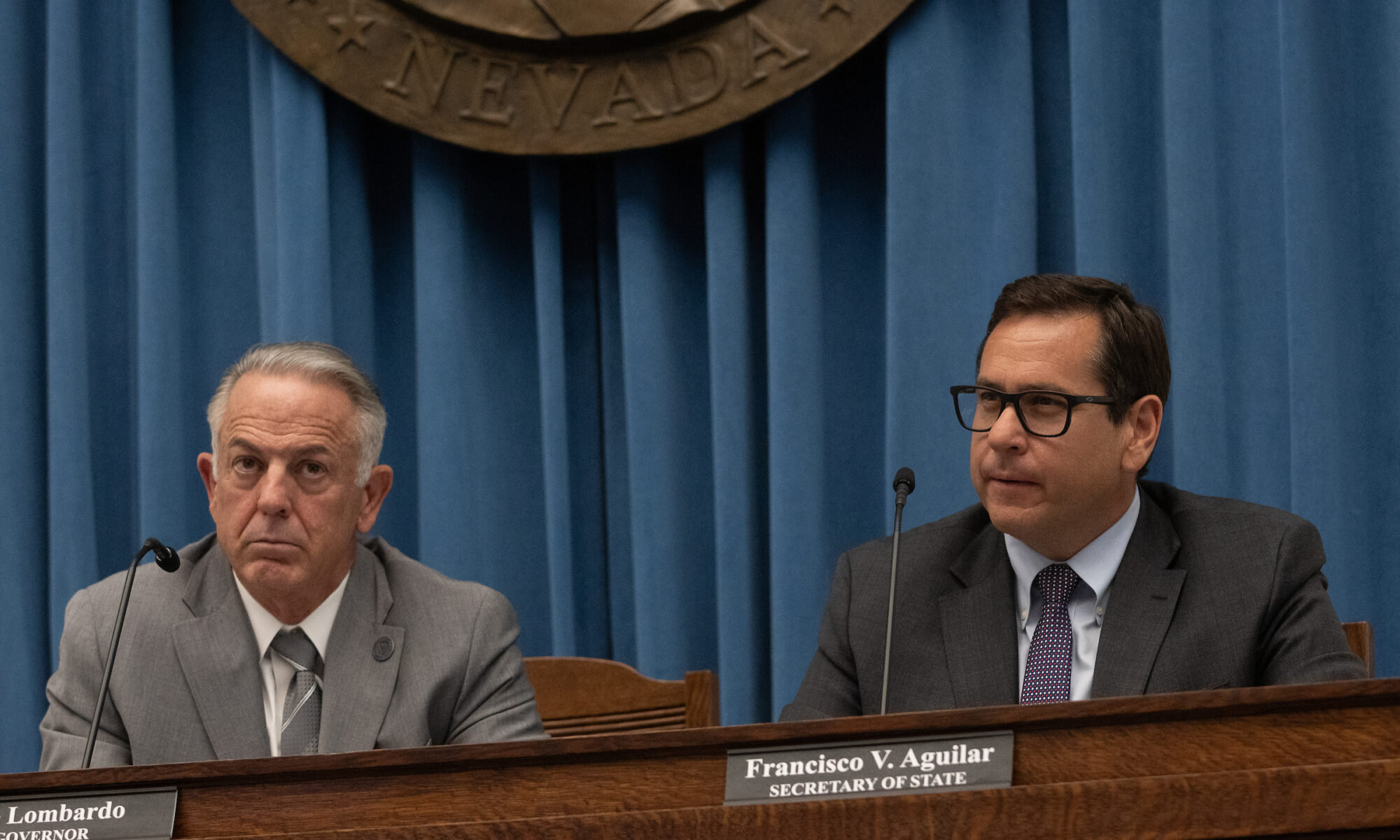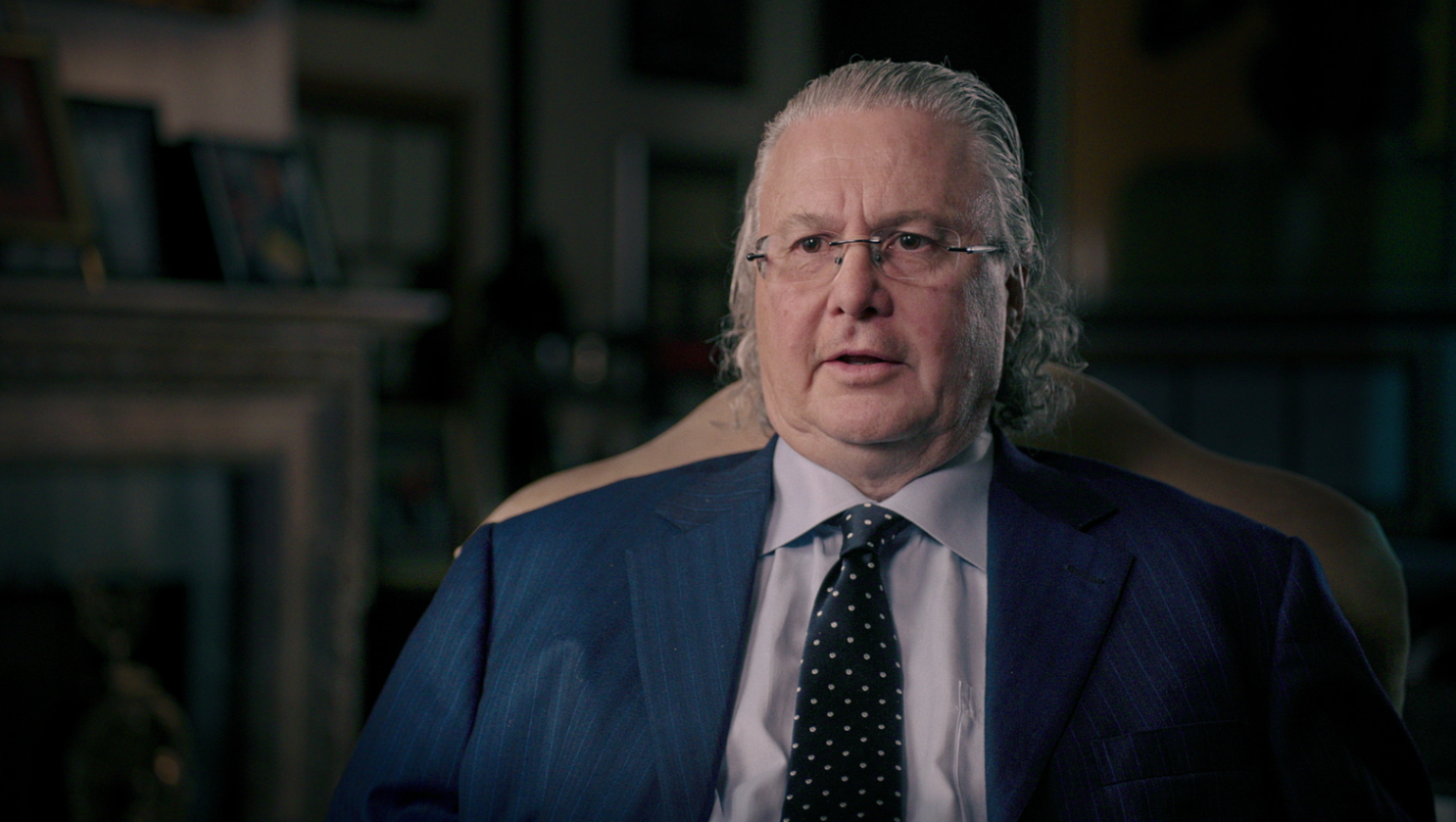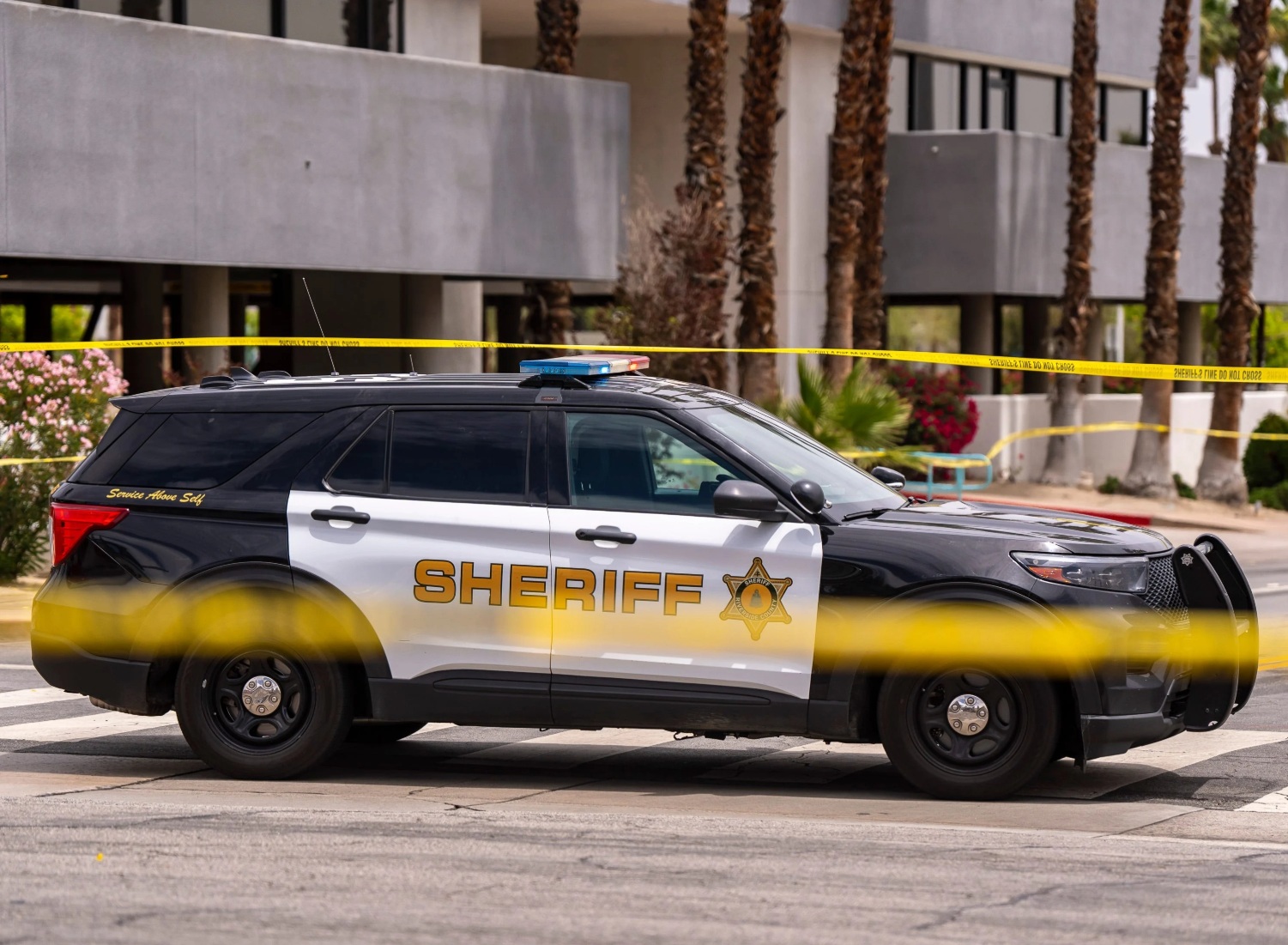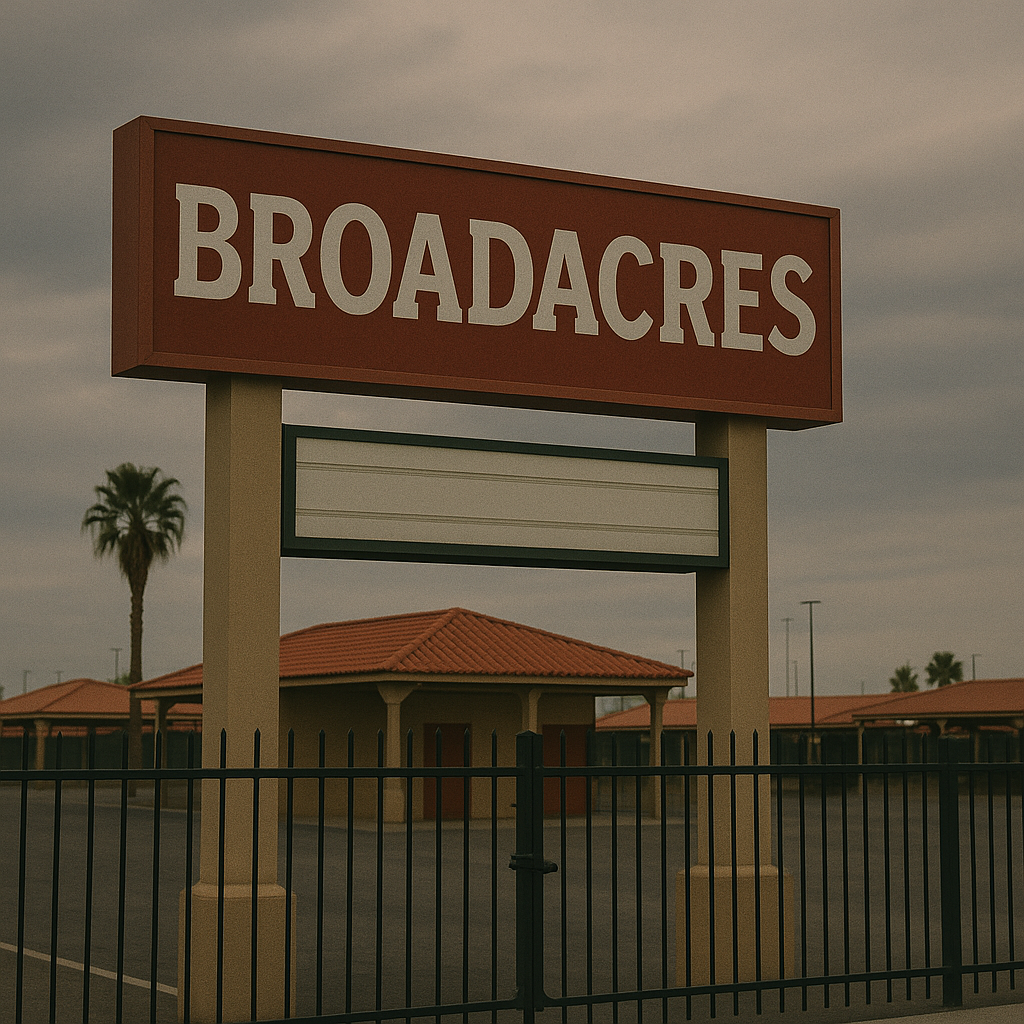What to expect from Nevada’s 2026 elections: Major changes blocked, status quo remains

Governor Lombardo’s vetoes ensure election procedures will look largely the same as they did in 2024
Nevada voters heading to the polls in 2026 can expect largely the same election experience they had in 2024, after Governor Joe Lombardo vetoed several major election reform proposals that emerged from the state’s recent legislative session. The Republican governor’s actions have maintained the current election landscape, despite efforts from Democratic lawmakers to implement significant changes.
Major proposals that didn’t make it
In the final days of Nevada’s 120-day legislative session, lawmakers appeared poised to reshape how elections operate in the Silver State. Two significant bills reached Governor Lombardo’s desk that would have fundamentally altered Nevada’s electoral process: one implementing voter ID requirements and another allowing nonpartisan voters to participate in non-presidential party primaries.
Both proposals generated intense debate and seemed likely to become law, given their passage through the Democratic-controlled legislature. However, Lombardo ultimately vetoed both measures, along with several other election-related bills, ensuring that Nevada’s election procedures will remain largely unchanged for the 2026 cycle.
The voter ID controversy
The voter ID proposal proved particularly contentious, especially among Democratic lawmakers who found themselves in the unusual position of advancing legislation typically championed by Republicans. Assembly Speaker Steve Yeager, a Las Vegas Democrat, framed the bill as a preemptive compromise, arguing that voter ID implementation was inevitable given that Nevada voters overwhelmingly approved a ballot question on the issue in 2024.
The ballot question will return to voters in 2026, and if approved again, voter ID requirements would take effect in 2028. Yeager’s bill was designed to implement a more moderate version of voter ID that Democrats could influence, rather than waiting for a potentially stricter Republican-crafted version later.
However, the proposal sparked fierce opposition from voting rights groups and even some Democratic senators, five of whom voted against the bill. Critics argued that the last-minute introduction of such significant legislation lacked proper vetting and public input.
Despite Yeager’s claims that the bill represented a compromise with the governor’s office, Lombardo rejected it. The governor specifically criticized a provision that would have allowed mail voters to verify their identity through signature verification alone, even if other identifying information couldn’t be confirmed.
“It fell short of the voter integrity that Nevadans deserve,” Lombardo said after issuing his veto.
Political strategy behind the vetoes
Ken Miller, a UNLV political science professor, suggests that political strategy may have influenced Lombardo’s decision to veto the voter ID bill. Even though the ballot question will still appear in 2026 regardless of the veto, having the issue unresolved could serve Republican electoral interests.
“They’re operating on the belief that having a voter ID ballot initiative is going to encourage conservative turnout,” Miller explained. “I think the empirical evidence for doing that is really dubious, but that’s a belief that they have.”
The voter ID question on the 2026 ballot could potentially drive Republican voter participation, particularly in what’s expected to be a competitive election year for Nevada.
Nonpartisan primary voting blocked
The second major proposal would have opened non-presidential party primaries to Nevada’s growing population of nonpartisan voters. Currently, these independent voters—who make up a significant portion of Nevada’s electorate—cannot participate in most primary elections unless they affiliate with a political party.
This bill received universal opposition from Republican legislators and was ultimately vetoed by Lombardo, maintaining the current closed primary system for most elections.
Election administration improvements stalled
Secretary of State Cisco Aguilar, a Democrat, had hoped to address ongoing concerns about Nevada’s election administration, particularly the slow pace of ballot counting that delayed final results in the 2024 election. Despite receiving mail ballots by Election Day, many counties couldn’t process and announce results until the following day, creating uncertainty about election outcomes.
Aguilar’s office proposed several measures to expedite ballot processing, including a grant program to provide local election offices with additional resources and increasing ballot drop boxes in the days before elections to reduce Election Day workload.
However, Lombardo vetoed these proposals as well. He criticized one bill for centralizing too much authority in the secretary of state’s office and rejected the drop box expansion due to what he called insufficient security measures.
“It was disappointing and disheartening because those bills were developed with feedback from general everyday voters,” Aguilar said.
Legislative process challenges
Not all failed election bills fell victim to partisan disagreements. SB74, which would have made numerous administrative improvements to election processes and allocated $200,000 for county election official training, died due to legislative procedure rather than political opposition.
The bill needed one final procedural approval in the Senate but got caught up in the chaotic final minutes of the legislative session. Secretary of State Aguilar expressed frustration that the bill—which he believed Lombardo would have signed—fell through the cracks due to legislative time management rather than policy disagreements.
“I wish legislators understood the importance of administering our elections and what the expectations are of voters,” Aguilar said.
What did pass
Despite the high-profile vetoes, lawmakers did approve several election-related measures that will take effect. These include requirements for disclosing artificial intelligence use in campaign materials, a $1,000 filing fee for presidential primary candidates, enhanced protections against harassment and threats directed at political candidates, and mandates for local election officials to recruit election workers on tribal reservations.
The secretary of state’s office also secured more than $30 million in state funding for its centralized voter registration and election management system, and lawmakers standardized deadlines for voters to receive mail ballots.
Implications for 2026
The failure to implement major election reforms means that Nevada’s 2026 elections will operate under essentially the same rules as 2024. Voters will continue to use the current mail ballot system without additional ID requirements, nonpartisan voters will remain excluded from most primaries, and ballot processing speeds are unlikely to improve significantly without additional resources.
The political landscape heading into 2026 will likely be shaped by the voter ID ballot question, which could mobilize voters on both sides of the issue. Republicans may benefit from having an unresolved voter ID question to rally their base, while Democrats will need to navigate the challenge of opposing a measure that polls show has broad public support.
Looking ahead
The divided government in Nevada—with Democrats controlling the legislature but lacking veto-proof supermajorities, and a Republican governor—has created a dynamic where major election changes require bipartisan agreement. The failure to achieve such consensus on key issues suggests that significant election reforms may need to wait until the political balance shifts or until external pressure forces compromise.
For Nevada voters, this means the 2026 election experience will feel familiar, with the same procedures and potential delays that characterized recent elections. Whether this stability represents successful preservation of voting access or a missed opportunity for modernization will likely depend on one’s political perspective.
The 2026 elections will serve as a crucial test of Nevada’s current election infrastructure, particularly given the state’s role as an early primary state and its status as a key battleground in presidential elections.
Image Source: https://thenevadaindependent.com/article/how-different-will-nevadas-elections-look-in-2026
Category: State News, Politics
Subcategory: Elections
Date: 06/27/2025




